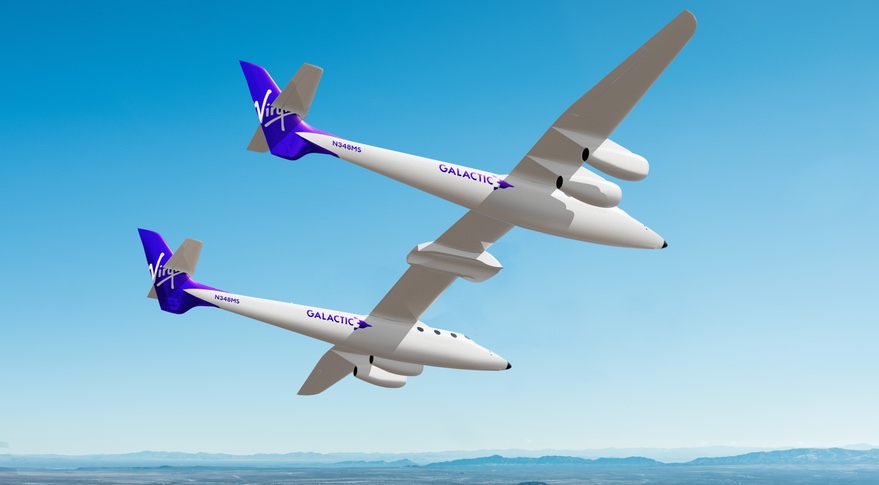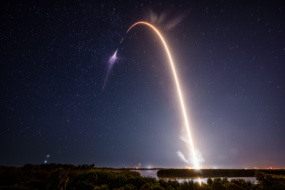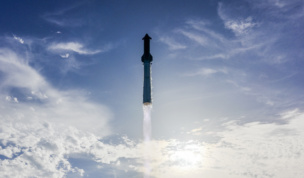Virgin Galactic ($SPCE) has selected Aurora Flight Sciences to build its next generation of motherships. The Boeing ($BA) subsidiary will build two motherships for Virgin, the human spaceflight company said Wednesday. $SPCE rose over 5% in after-hours trading.
Terminology first: The mothership carries and air-launches Virgin’s spaceship at a release altitude of ~50,000 feet.
The deal: Aurora will partner with Virgin to design and manufacture two ships, planning that each will enter service in 2025 and support 200 launches a year. No contract value was announced but it contains a mix of fixed-price and time-and-materials task orders with incentives for staying on time and budget, according to an SEC filing.
The why: “Our next generation motherships are integral to scaling our operations,” Virgin CEO Michael Colglazier said, as “they will be faster to produce, easier to maintain, and will allow us to fly substantially more missions each year.”
The new ships couldn’t come soon enough. VMS Eve, Virgin’s existing mothership, is showing its age and undergoing refurbishment. And as Colglazier suggests, Eve isn’t capable of flying at a cadence that will let Virgin begin making a dent in its 750+ person waitlist.
Payload’s takeaway: Aurora brings 30+ years of complex aircraft manufacturing experience. Virgin Galactic’s manufacturing strategy stands in contrast to its human spaceflight frenemies, as it more heavily taps third party suppliers. Scaled Composites, for example, built VMS Eve.




